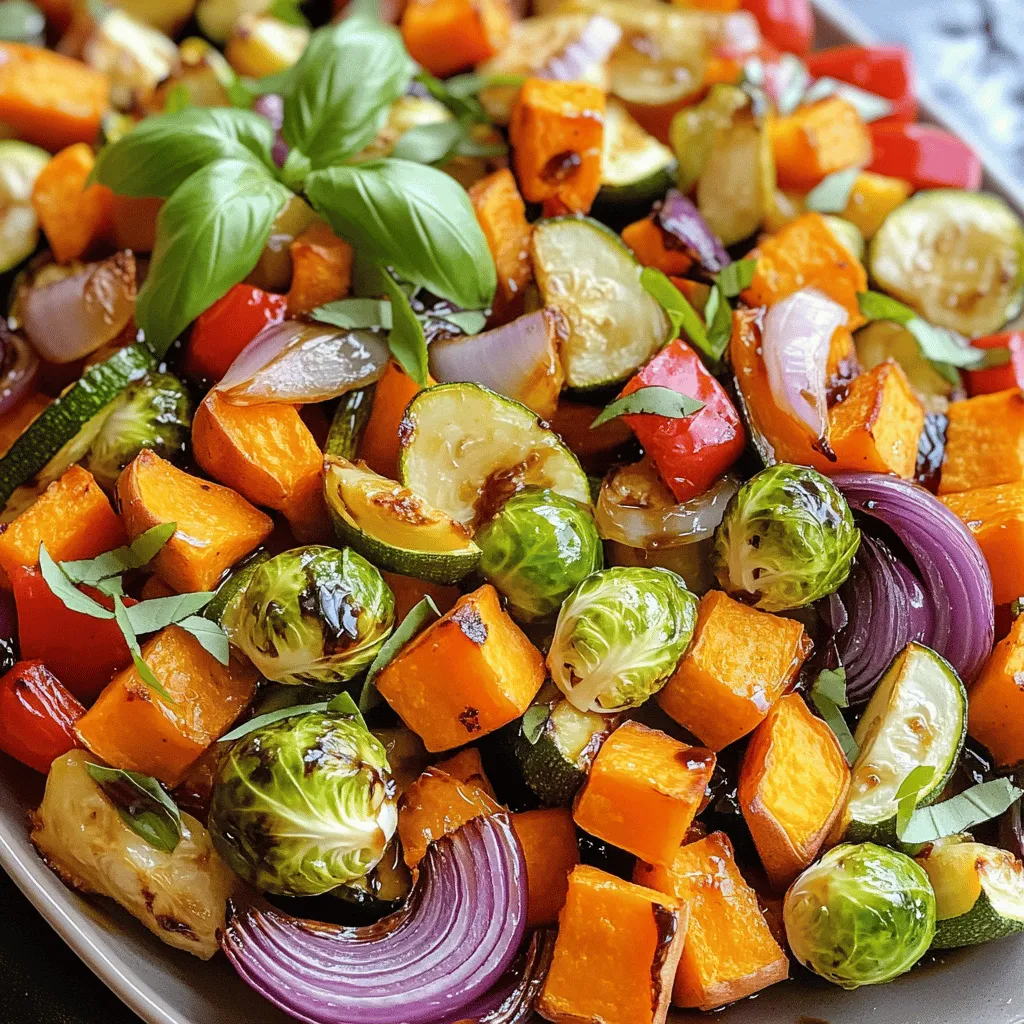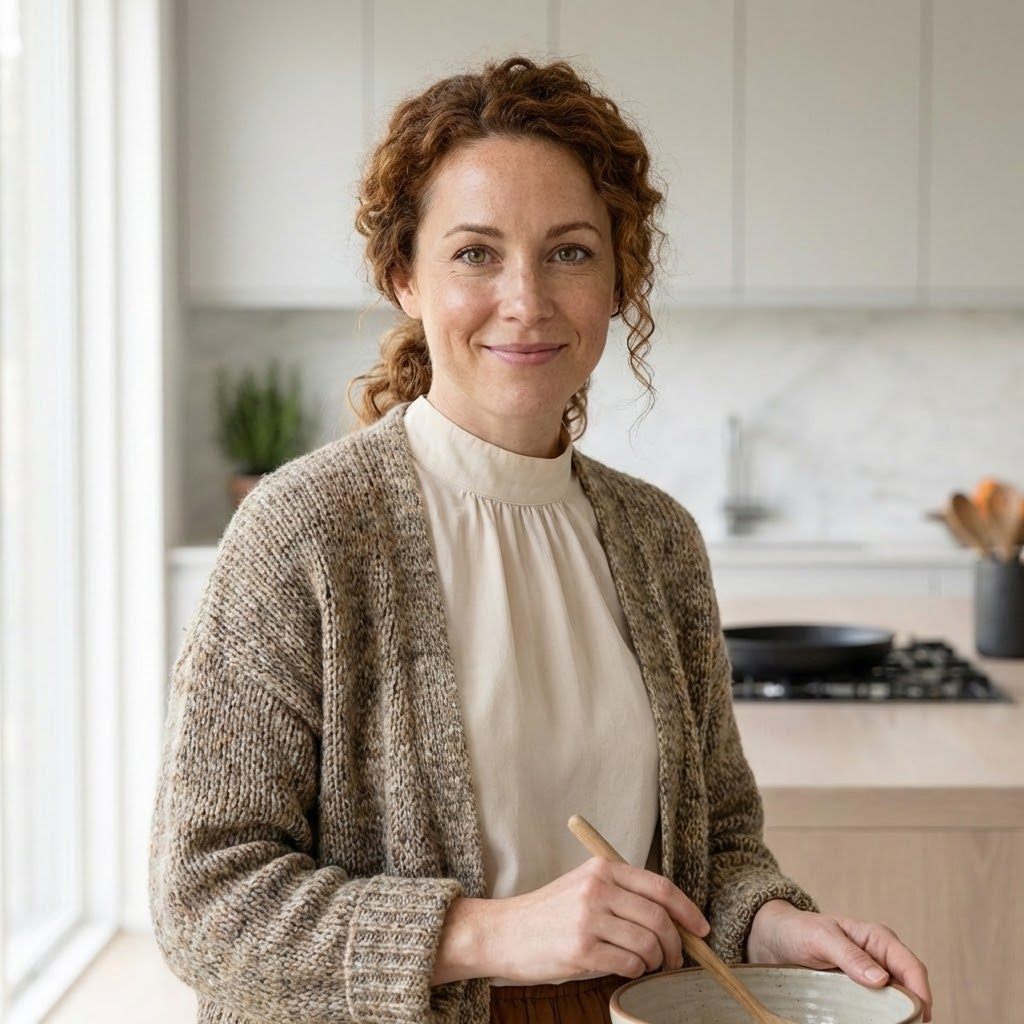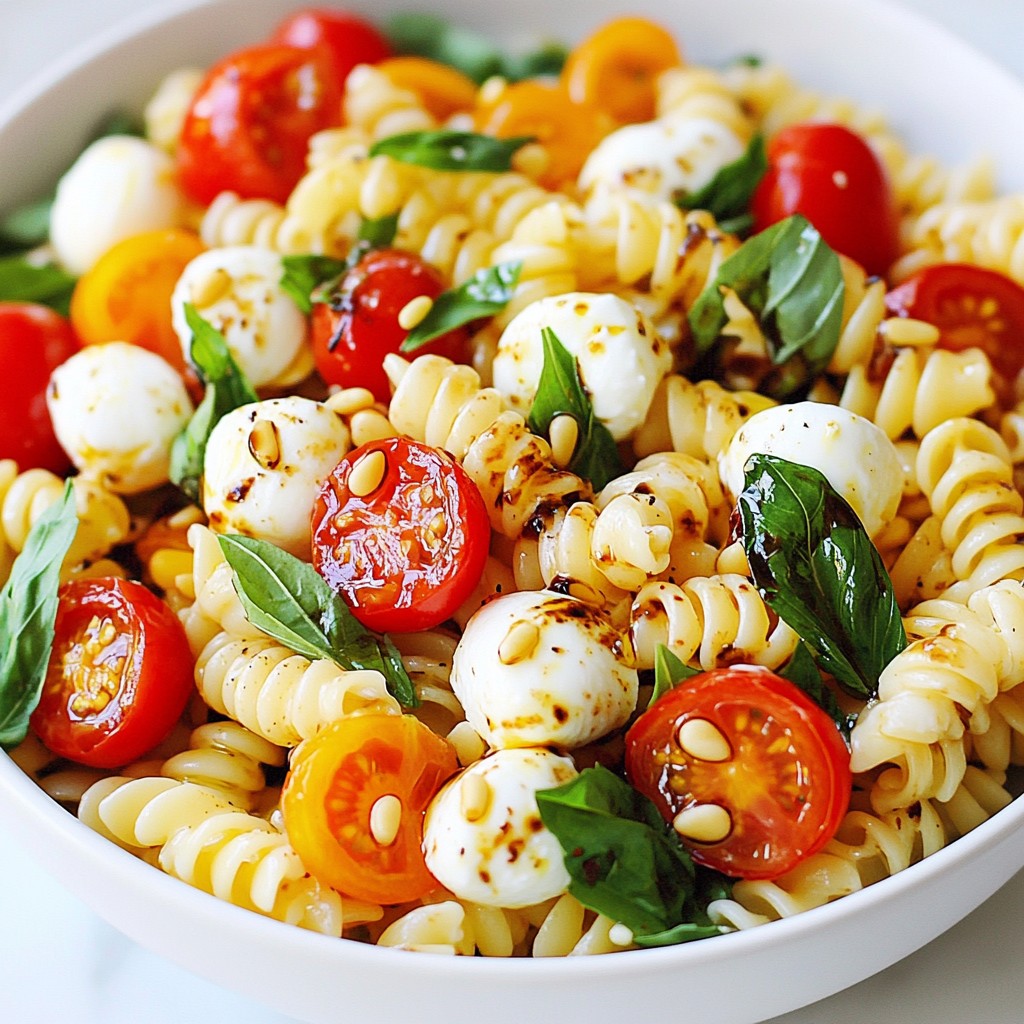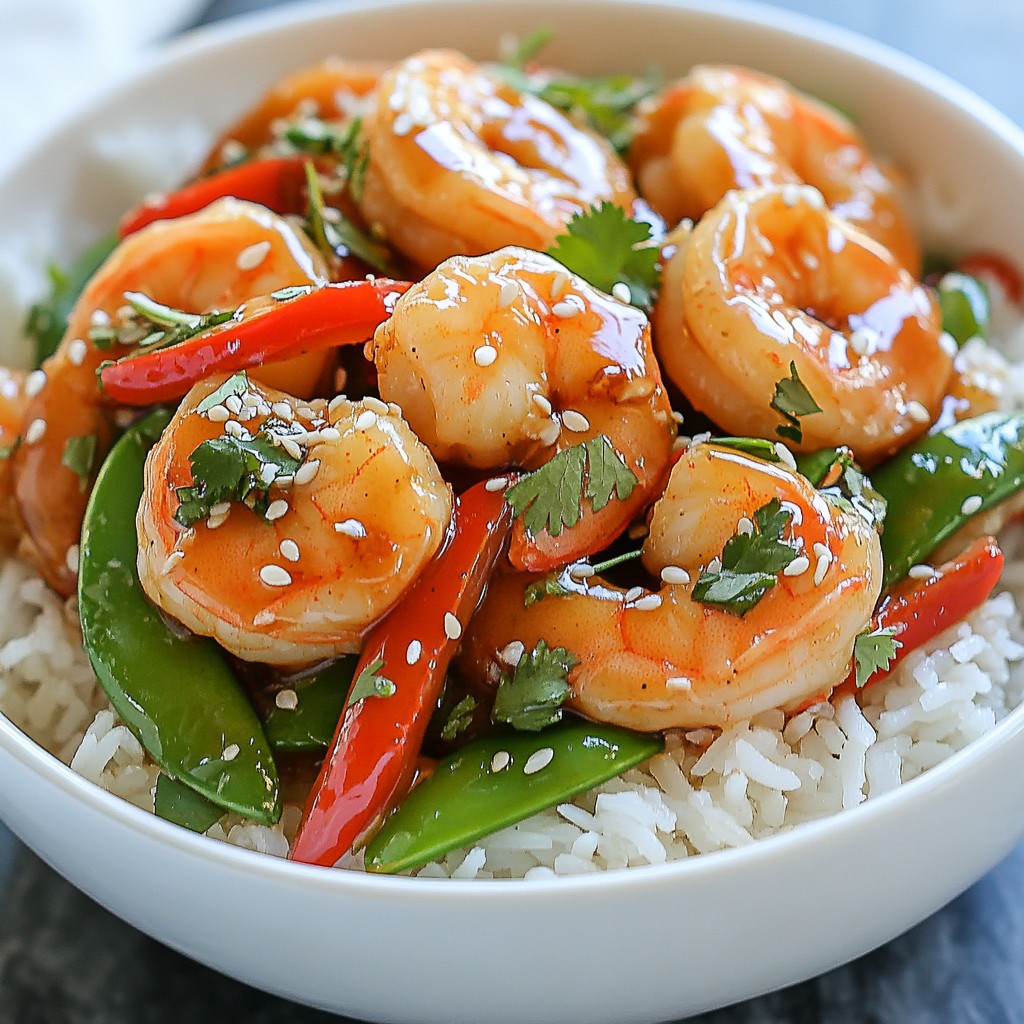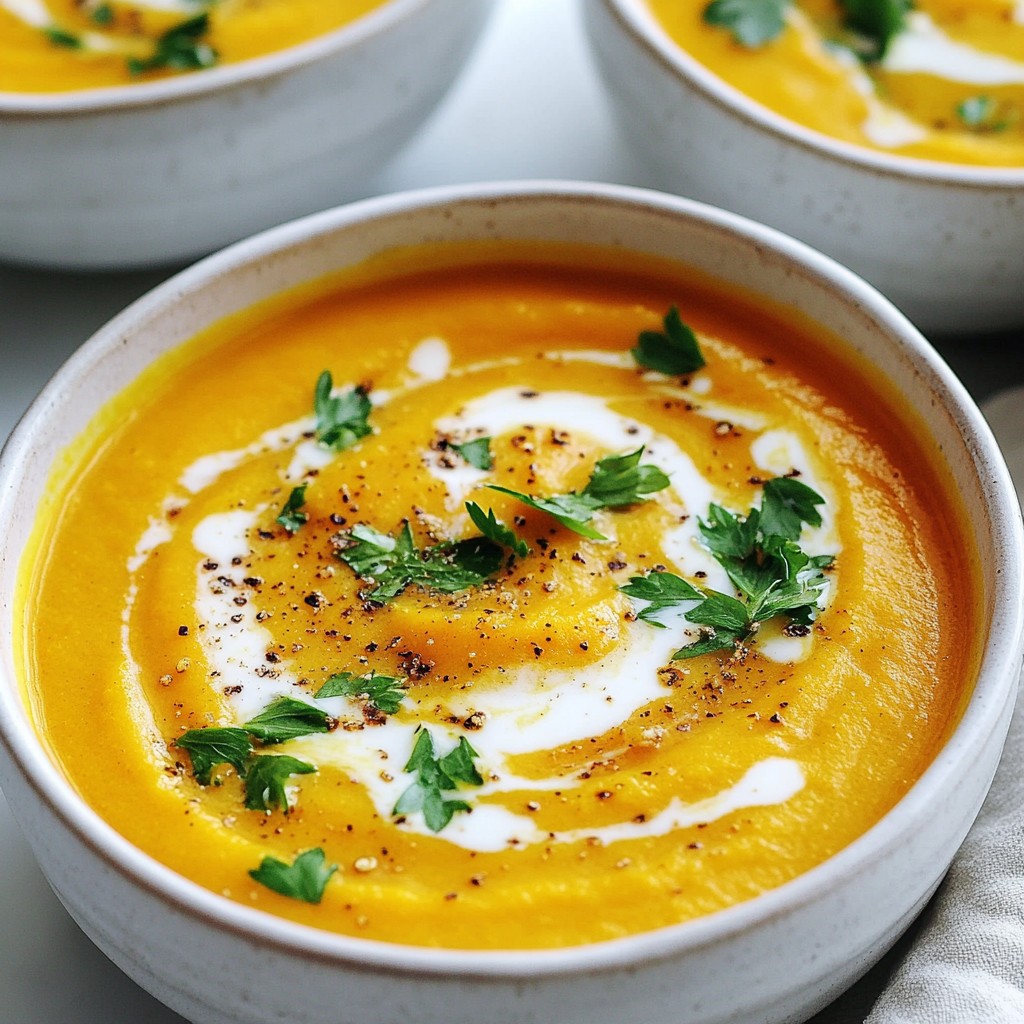Looking to spice up your dinner table? My Balsamic Glazed Roasted Vegetables recipe is your answer! This tasty side dish combines fresh veggies with a sweet, tangy glaze, making every bite a delight. Perfect for busy cooks, veggie lovers, and anyone craving a burst of flavor. Join me as I walk you through the simple steps to elevate your meals with this vibrant and easy dish!
Ingredients
List of Vegetables for the Recipe
For this dish, you can use a mix of tasty vegetables. Here’s what I like to use:
– 2 cups Brussels sprouts, halved
– 1 medium sweet potato, peeled and cubed
– 1 red bell pepper, chopped
– 1 yellow zucchini, sliced
– 1 red onion, cut into wedges
These vegetables roast beautifully and soak up the balsamic glaze. Their natural sweetness shines through.
Essential Pantry Staples
You need a few basic items from your pantry to bring this dish to life:
– 3 tablespoons olive oil
– 4 tablespoons balsamic vinegar
– 1 tablespoon maple syrup
– 2 teaspoons garlic powder
– Salt and pepper to taste
These ingredients create the rich, tangy glaze that makes this dish special. The maple syrup adds a gentle sweetness.
Optional Garnishes
To make your dish even prettier, consider these garnishes:
– Fresh basil leaves
Garnishing with basil adds a pop of color and a fresh taste. It enhances the overall presentation.Enjoy making this amazing side dish!
Step-by-Step Instructions
Preparing the Vegetables
Start by washing all your vegetables well. This step is key to keeping them fresh. Next, halve the Brussels sprouts and cube the sweet potato. Chop the red bell pepper and slice the yellow zucchini. Cut the red onion into wedges. Place all these in a large mixing bowl. This mix brings a variety of colors and flavors together.
Making the Balsamic Glaze
In a small bowl, combine the olive oil, balsamic vinegar, maple syrup, garlic powder, salt, and pepper. Whisk these ingredients until they blend well. This glaze adds a sweet and tangy taste to your veggies. Make sure every ingredient is mixed nicely. The flavors will soak into the veggies during roasting.
Roasting Process
Preheat your oven to 425°F (220°C). Line a large baking sheet with parchment paper for easy cleanup. Spread the mixed vegetables on the sheet in a single layer. Pour the balsamic glaze over them and toss gently. This way, every piece gets coated. Roast in the oven for 25-30 minutes. Stir halfway to ensure even cooking. The vegetables should be tender and caramelized when done. If you want, drizzle with more balsamic vinegar after roasting. Add fresh basil leaves on top for a lovely finish.Enjoy your tasty Balsamic Glazed Roasted Vegetables!
Tips & Tricks
How to Ensure Perfect Roasting
To get the best roast, start with the right temperature. Preheat your oven to 425°F (220°C). This heat helps caramelize the natural sugars in the veggies. Make sure to cut your vegetables into even sizes. This way, they cook at the same time. Use a large baking sheet. Spread the veggies in a single layer. This prevents steaming and helps them brown well.
Enhancing Flavor with Seasonings
You can boost the flavor of your balsamic glazed roasted vegetables with simple seasonings. I love using garlic powder, salt, and pepper. They add depth without overpowering the dish. For a hint of sweetness, maple syrup works wonders. Add fresh herbs like basil after roasting. This adds a bright finish and a pop of color.
Time-Saving Tips for Busy Cooks
If you’re short on time, prep vegetables ahead. You can cut them and store them in the fridge for a day. This saves you time on cooking day. You can also use a large bowl for tossing the veggies with the glaze. This makes cleanup easier. Lastly, consider roasting more than you need. Leftovers make great additions to salads or wraps.
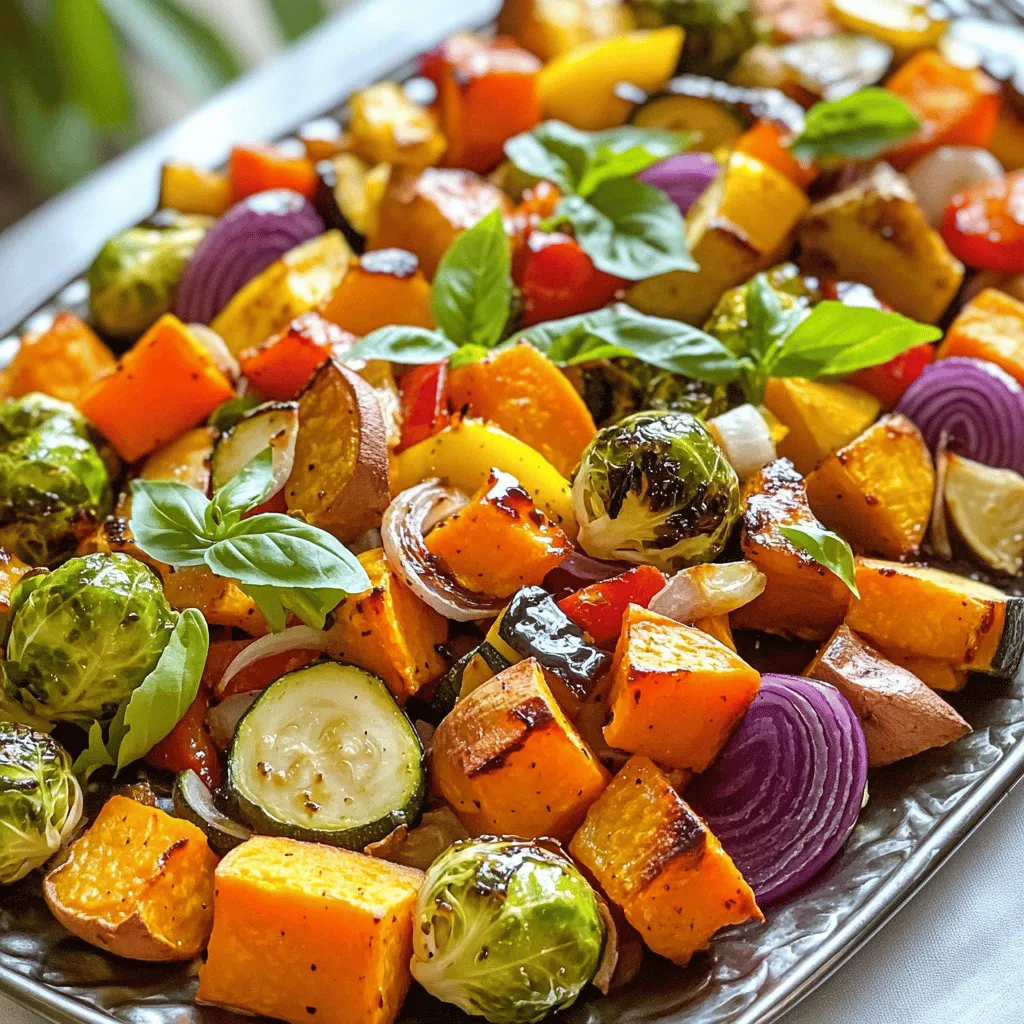
Variations
Substituting Different Vegetables
You can switch up the veggies in your balsamic glazed roasted vegetables. Use what you love or what you have on hand. Carrots, broccoli, or cauliflower work great. You can even try butternut squash for a sweet twist. Just make sure to cut all the vegetables into similar sizes. This way, they cook evenly and get tender.
Adding Proteins for a Complete Meal
Want to make your dish heartier? Add proteins. Chickpeas, black beans, or lentils pair well with roasted veggies. For meat lovers, try adding chicken or shrimp. Simply toss in your chosen protein with the vegetables. This makes a well-rounded meal that fills you up.
Vegan and Gluten-Free Adaptations
This recipe is already vegan and gluten-free! The balsamic glaze is tasty and safe for all diets. If you want to change flavors, try adding herbs like thyme or rosemary. These herbs enhance the taste without adding gluten. Enjoy this dish knowing it fits many dietary needs.
Storage Info
How to Store Leftovers
After enjoying your balsamic glazed roasted vegetables, let any leftovers cool. Place them in an airtight container. Store them in the fridge for up to four days. This keeps them fresh and tasty for your next meal.
Reheating Methods
When you want to eat your leftovers, there are a few ways to reheat them. The best method is to use an oven or toaster oven. Preheat to 350°F (175°C) and heat for about 10-15 minutes. This keeps the veggies crispy. You can also use a microwave. Heat in short bursts of 30 seconds. Stir in between to avoid overcooking.
Freezing Tips for Meal Prep
If you want to save your roasted veggies for later, freezing is a great option. First, let them cool completely. Spread them in a single layer on a baking sheet. Freeze until solid, about two hours. Then, transfer the veggies to a freezer-safe bag or container. They can last up to three months in the freezer. When you’re ready, thaw in the fridge overnight before reheating.
FAQs
Can I use other types of vinegar?
Yes, you can use other vinegars. Try apple cider vinegar or red wine vinegar. Both add a nice tang. Adjust the amount to taste, as some may be stronger. Each vinegar gives a unique flavor to your dish. Experiment and find your favorite!
What seasoning alternatives can I try?
You can use many seasonings. Italian herbs like oregano or thyme work well. Paprika adds warmth, while chili flakes bring heat. You might even try fresh herbs like rosemary or dill. Each option changes the flavor profile. Mix and match to suit your taste!
How do I know when the vegetables are done?
Check the vegetables for tenderness. They should be soft but not mushy. A fork should easily pierce them. Look for a nice caramel color on the edges. Roasting usually takes about 25-30 minutes. Stir halfway to ensure even cooking. Enjoy the aroma as they roast!
This blog post covered all you need for a tasty roasted vegetable dish. We explored the key ingredients, step-by-step cooking, and helpful tips. You learned how to adapt the recipe to fit your needs. Now, you can store leftovers and reheat them easily.
Enjoy great meals without stress. Use the tips to make it your own. Happy cooking!
